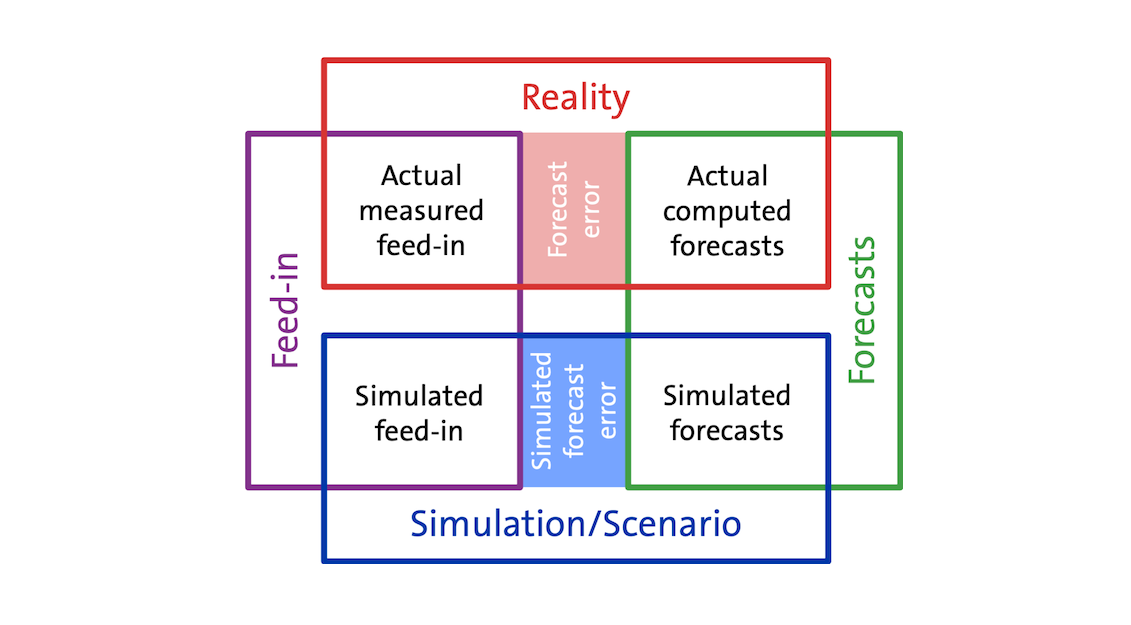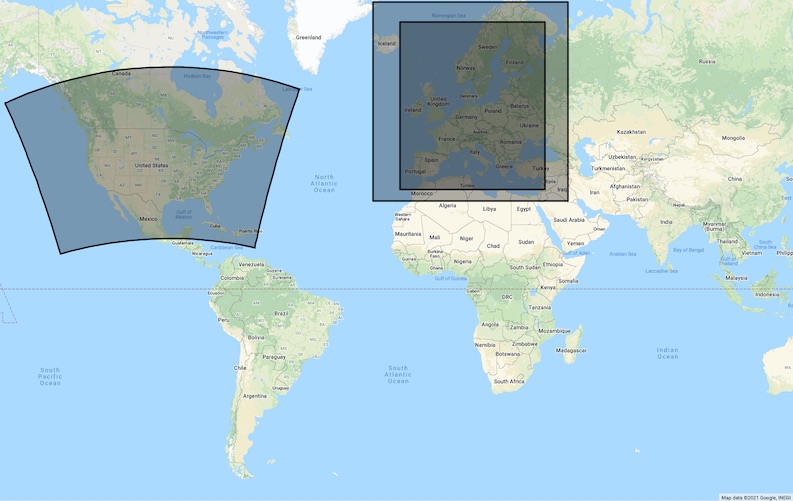Integration of e-mobility into the energy sector
enercast provides solar power forecasts for the current research project i-rEzEPT by Bosch.IO, Nissan and the Fraunhofer Institutes IAO and IFAM. The project acronym is short for “Intelligent regenerative electric vehicles for maximization of self-consumption and participation in primary control reserve markets”. The goal of this groundbreaking project is to increase the acceptance of electromobility by integrating it into the energy sector.
Electric cars as buffer storage and suppliers of primary control
Funded by the German Federal Ministry of Transport and Digital Infrastructure (BMVI) with around 2.39 million euros, the team has been conducting re since the beginning of 2020 to make electric vehicles usable both as buffer storage for buildings and as suppliers of primary control to the control reserve market. The aim is to reduce investment and operating costs for electric vehicles and charging infrastructure, stabilize the power grid, and maximize the energy efficiency of buildings or entire neighborhoods.

To investigate the collaboration of electric vehicles, charging stations, buildings and the market, a twelve-month field test will be conducted with 15 vehicles and charging stations, which will be divided between homes, neighborhoods and commercial locations. A proprietary data platform is also being developed to analyze charging and mobility data.
Local energy management with regenerative charging infrastructure
The prerequisite for the project is the regenerative charging option (Vehicle to Grid, V2G), which Nissan has been providing as standard with the Nissan Leaf since 2013 through the CHAdeMO charging standard (Japanese acronym for “How about a cup of tea?”), as well as photovoltaic systems installed on residential and commercial buildings or in the neighborhood. This makes it possible to temporarily store surplus solar energy in the vehicle batteries and release it to the private or public power grid as needed. This process is controlled by the “Local Energy Manager”, a specifically developed controller from Bosch.IO. This integrates the multitude of existing stand-alone digital solutions such as heating control, air conditioning, building automation, smart home systems, and electric car charging infrastructure across manufacturers and enables the centralized use of the flexibility available in the individual systems and in the different sectors.
Solar power forecasts from enercast
enercast provides the solar power forecasts required for optimizing the self-consumption of solar plants and a possible provision of control energy. The forecasts can be efficiently integrated into the Bosch.IO Local Energy Manager via the enercast SEF Smart Energy Forecast API.


 Back to overview
Back to overview 

